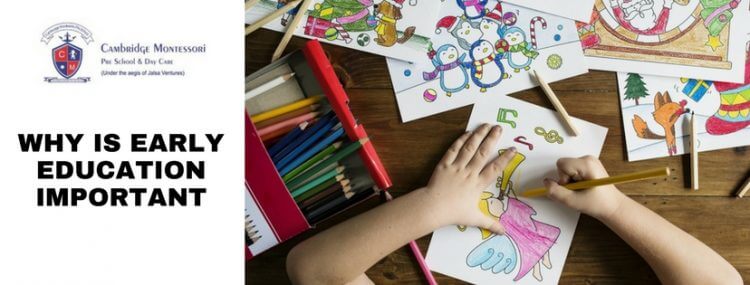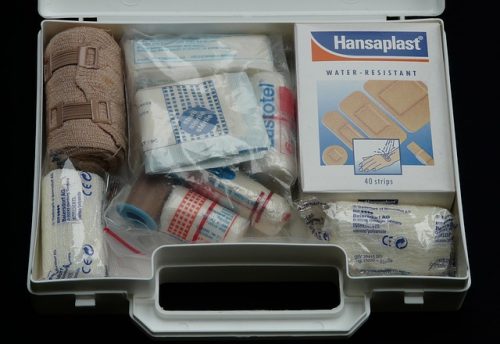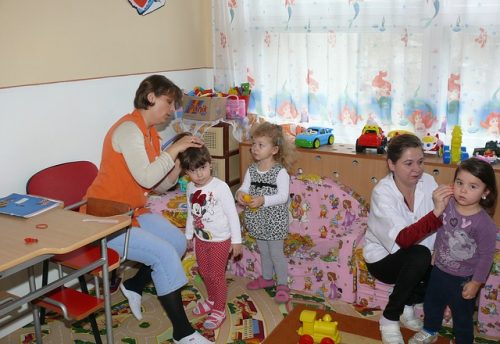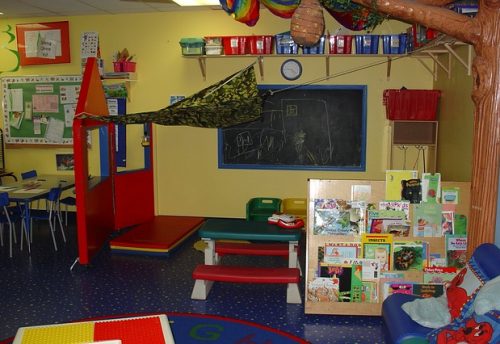
Why is Early Education Important
In this article, we will guide you regarding why is early education important.
The development of a child’s personality, outlook on life and potential to do great things are all hinged on the early years of his/her life.
That is why understanding the need to invest in very young children is so important, so as to maximize their future well-being.
What Does Early Education Have to Offer to Your Child?
It’s scientifically proven that the early years play a key role in children’s brain development.
Education in early childhood paves the way for success in school.
It not only prepares your child for reading, writing and arithmetic, it also builds his confidence.
Whether he’s learning at home or in a formal daycare setting, the focus should be on sparking interest and curiosity and having fun.
Early education plays a vital role in the social development of the child.
When children are in group settings, they have greater opportunities to develop social relationships with peers.
- This early education helps foster an understanding of how children relate to each other.
- They work together and learn to respect boundaries and limits.
- They understand the need for routines as they navigate their way around a classroom.
- Early education also plays an important role in the physical development of the child.
- A well-designed educational program for preschoolers includes activities that enhance gross motor skills.
Children boost large muscle development through games such as “Simon Says” and “The Hokey Pokey.”
They learn techniques for running, jumping, hopping, leaping and skipping.
Fine motor skills – precursors to handwriting are also strengthened.
Activities in early education target muscles in the hands and fingers through activities such as sensory tables, sewing cards, building blocks and finger-painting.
Early education also helps improve the creativity of the child.
Children are most often made to explore and create new ideas.
Children also begin to access their natural interests and talents in art, music, sports etc.
Preschools provide the perfect setting for your child to develop a competitive spirit because he/she would be with a group of kids of the same age group.
Early education also has a lot of long-term benefits which can no doubt change your child’s future.
Long-term studies have shown that kids who attend high-quality preschool are more likely to graduate from high school, go to college and land higher-paying jobs.
They are also less likely to be involved in the juvenile delinquent system or need remedial education.
They have more optimistic attitudes about school and their futures.
Here are a few quotes about Early education by a few experts.
“Learning starts in infancy, long before formal education begins, and continues throughout life. Early learning begets later learning and early success breeds later success, just as early failure breeds later failure.”–James J. Heckman
“We now know that nurture in early life as well as nature is important in early human development and that nurture in the early years has major effects on learning in school and physical and mental health throughout the lifecycle.” – J. Fraser Mustard
“Learning is acquiring new knowledge. We learn lesser and lesser as we grow older, not for the lack of things to learn but because of the ability to learn. So, you’d better make hay while the sun shines.” – Alphonse Elric
How is Early Education Different from Normal Education?
The key difference between primary education and early education is the age of the students that are taken in.
There are many ways in which primary and early education vary, this variance will help us understand more about why early education is important.
Children at this tender age are very sensitive, thus properly trained staff is required to handle the students of a preschool.
A preschool is effective in establishing interaction skills in the children.
Children learn to share and interact with their classmates.
Preschools also train the children in how to behave in a classroom environment.
Primary school is basically an elementary school which usually consists of one to six grades (levels) of a school.
Generally, it covers the children between the ages of five and eleven.
After completing the primary education, the student moves on to a secondary school.
The subjects in primary school generally include mathematics, social studies, physical education, health, etc.
- What early education teaches:
- They serve as the foundation for academic learning.
- It assists the child to grasp phonics and reading skills.
- Interaction with other children.
- Assists in developing social skills of a child.
- Prepare a child for the primary education.
- What primary education teaches:
- Provides a curriculum for well-rounded learning.
- Develop language and numeracy skills.
- Helps in nurturing sound values and good habits.
- Prepare the students for secondary education.
- Subjects covered are based on a range of disciplines.
- It generates various opportunities to access the library, etc.
Early education is an important footing required to help a child grow in all aspects. It has become a very necessary requirement for the next generation to take over this ever-changing world.
Need help?
We are the Best Day Care Franchise in India. Contact Us, message us for any issues. We will love to help you.





One Comment